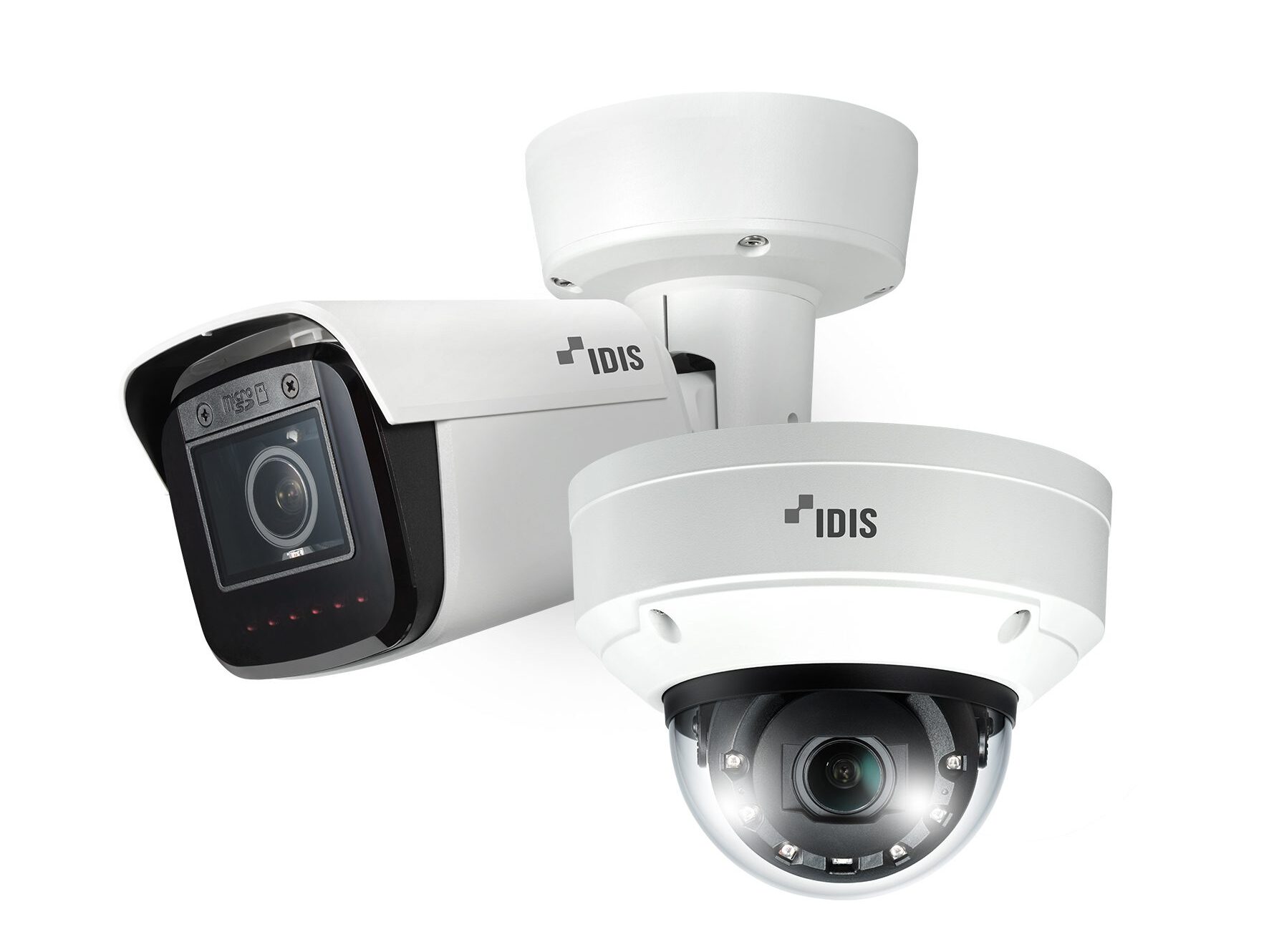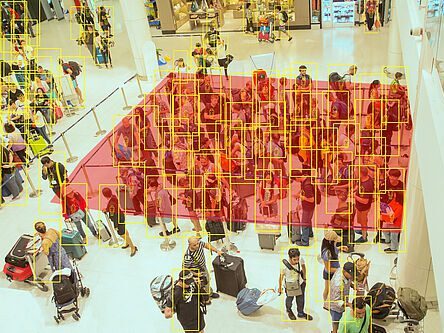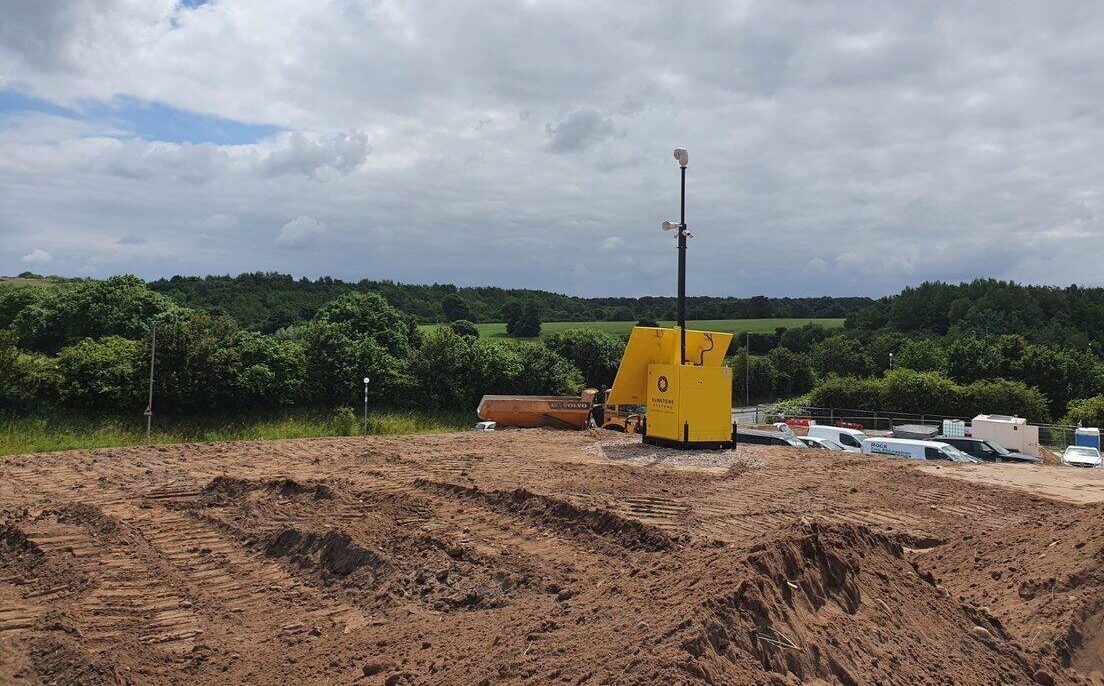 Recent concerns over the safety of women in New Delhi have led to a planned increase in the number of CCTV cameras set to be deployed across the Indian city.
Recent concerns over the safety of women in New Delhi have led to a planned increase in the number of CCTV cameras set to be deployed across the Indian city.
Earlier this year, a study from the Associated Chambers of Commerce and Industry of India found that demand for CCTV following the gang rape and murder of a 23-year-old medical student in New Delhi in December led to a huge upsurge in demand for CCTV.
The issue of safety among women in the Indian capital city, which has a population of over 22 million and is one of the most populated metropolitan areas in the world, continues to dominate the news agenda after more attacks in recent weeks.
A series of measures, including fast-track courts, harsher punishments for convicted sex offenders and further police training, have been implemented by the authorities, but there now seems to be a marked move towards increasing CCTV surveillance across the city.
The South Delhi Municipal Corporation (SDMC) plans to make it mandatory for all commercial establishments bigger than 250-square-feet to install CCTV cameras.
It is a move designed to improve the safety of women and is in accordance with Home Secretary guidelines outlined in the wake of December’s bus murder in Delhi and will extend the network of CCTV cameras across the city.
SDMC deputy commissioner Sushil Singh told a standing committee that corporations are being directed to install CCTV cameras at entry and exit points of shops and commercial premises and keep recorded footage for at least a month.
Only weeks after the case of the Delhi bus rape and murder, it was revealed a seven-year old girl was raped inside a government-run school in the Mangolpuri area of the Indian capital.
This led to angry scenes as protestors demanded that police find the culprit and protect children.
The North Delhi Municipal Corporation (NDMC), in whose jurisdiction the school was located, has announced measures to improve the security of its students in education establishments –including the installation of CCTV cameras.
A report was commissioned in the wake of the high-profile incident and a range of security measures were identified to help protect the safety of students throughout the region.
Rekha Gupta, chair of NDMC’s education committee, told New Delhi TV that all schools will have biometric entry for staff put in place.
She added: “CCTV cameras will be put up in all schools and boundary walls of every institution will be raised and wires placed on top to provide additional security.”

As part of the second phase of the project, 2,065 CCTV cameras are to be installed in 28 markets and 10 border points by the end of June. This will be followed by 1,380 cameras to be installed in six markets across central Delhi.
This initial network will mean over 5,000 new cameras will be deployed by Delhi Police by the end of 2013 which, added to the 1,337 which are already monitored in the police headquarters, will mean there will be almost 6,500 cameras in operation across the city.
TN Mohan, Special Commissioner of Police Operations, told The Times of India the department has “identified the markets and vital installations that need to be covered and the cameras will be installed at strategic locations within the expected time”.



























